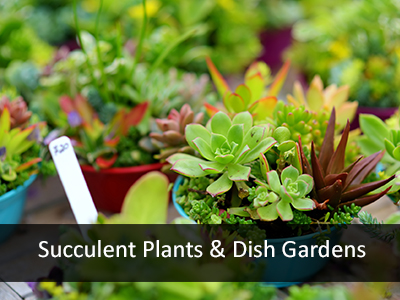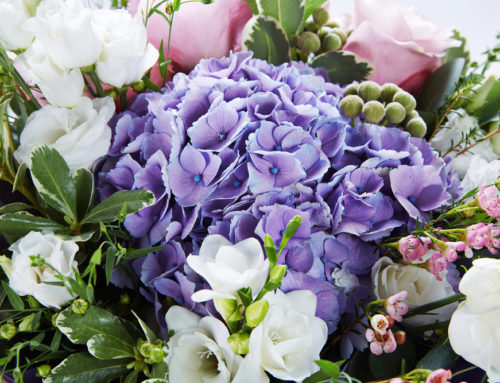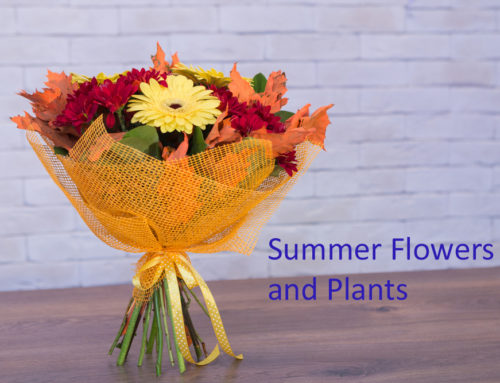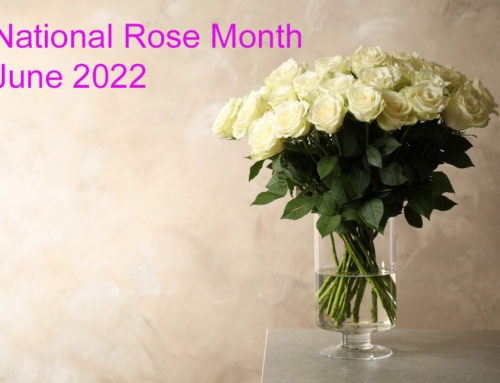Veldkamp’s Flowers and Gifts
Denver’s Favorite Florist
Veldkamp’s Flowers is a family-owned and operated flower shop. We have been in business since 1959. For 70 years, we have delivered fresh flowers, blooming plants, foliage, gift/gourmet baskets, and artificial arrangements to millions of customers in the Denver metro area. We offer traditional fresh flower designs, wedding flowers, corporate event flowers, same-day hospital flower and gift delivery, and local same day and express sympathy flower delivery.
We all love our pets and our indoor plants, but sometimes we have to be careful when we have both pets and plants cohabitating. That means we want to know which plants are pet-friendly and which ones to avoid because they are toxic to dogs or cats.
Pet-Friendly Plants
Let’s start with those plants that are pet-friendly.
African Violet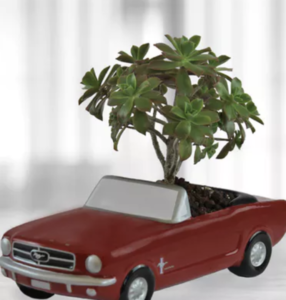
This is a perennial flowering plant with purple flowers. It can also have pale blue or white flowers.
Lady Slipper
The lady slipper is a type of orchid that grows up to 2twofeet tall with pink, purple, or yellow flowers.
Spider Plant
This is a common houseplant that is favorited for its ability to reduce indoor air pollution. It can be displayed as a hanging plant but also fits on a shelf or end table. Either way, it is safe for pets.
Money Tree
Money trees are believed to bring good fortune plus they are safe to have around your pets. That way, you get the best of both worlds.
Ponytail Plant
The ponytail plant is a low-maintenance house plant that is slow-growing and only needs water every one to two weeks. It’s also a good plant to have if you have pets.
Catnip
Catnip is great for cats. However, you may not realize that it is a fly and mosquito repellant. Plus, catnip can be used as an herbal ailment.
Plants to Avoid With Pets
Then, there are those plants to avoid entirely if you have pets.
- The asparagus fern has a toxic agent dqll3e sapogenin, which causes vomiting, diarrhea, and/or abdominal pain,
- The corn plant has saponin, which is a chemical compound that leads to vomiting and appetite loss.
- The dieffenbachia contains a chemical that is a poisonous deterrent to animals. It can lead to increased salivation, difficulty swallowing, and vomiting.
- The elephant ear has a chemical that is similar to the dieffenbachia, causing oral irritation, increased salivation, difficulty swallowing, and vomiting.
- Many plants of the lily family are toxic to cats while a few are also toxic to dogs. Easter and stargazer lilies are toxic to cats. The effects include vomiting, lethargy, and lack of appetite, but kidney failure and death is possible if a cat is untreated. The peace lily is toxic to both dogs and cats and causes irritation of the tongue and lips, increased salivation, difficulty swallowing and vomiting.
These are just a few examples. There are many more that are friendly or toxic. Be sure to do all your research before buying any plants if you have pets or often watch other people’s pets.

